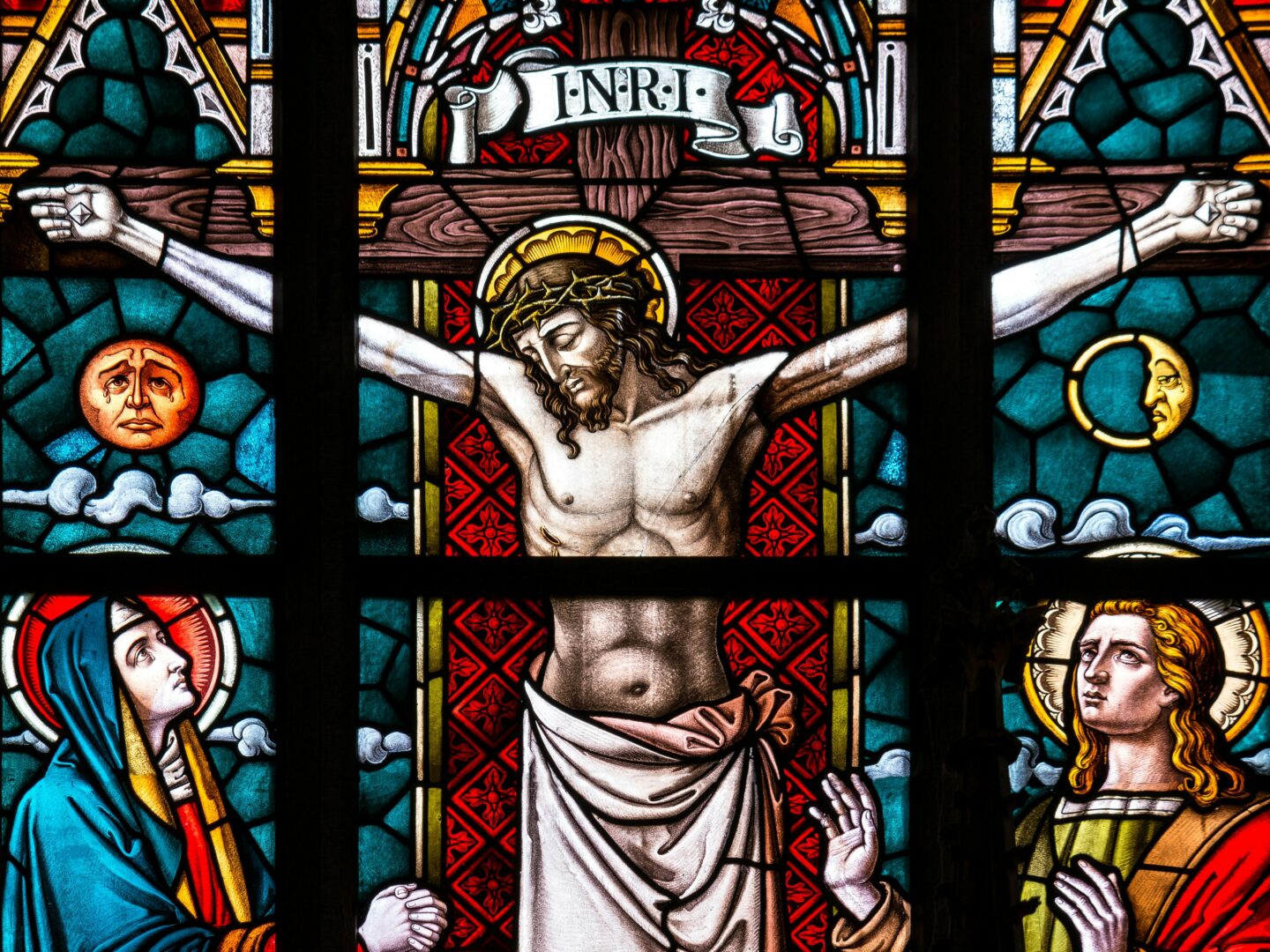We, the Jewish people, are Israel and Israel is us.
Only these days, I’m not so crazy about Israel – the nation-state, that is. I don’t like that on the eve of these holidays and at the moment when Mahmoud Abbas was making his bid at the United Nations for Palestinian statehood, Israel announced the approval of 1,100 new housing units in East Jerusalem. I’m ashamed that Israel continues to draw criticism from human rights groups for the demolition of homes in the West Bank and, sharing blame with the Palestinians, for waging a conflict over land with the lives of innocent people. Intellectually, I see that Israel the nation-state and Israel the historical-theological concept are separate things, but when I pray, the two ideas reverberate together, and the conflation troubles me. In the practice of Judaism, we petition God to protect “Israel;” I hesitate before I voice this plea.
Gamely, they endeavored to come to my aid. Wrestling with issues is what Jews do, they all said. “Israel” is the name given to the patriarch Jacob in Genesis, after he spent all night in combat with an angel. “You shall no longer be called Jacob but Israel, for you have striven with God and with humans, and have prevailed,” the angel said. “Our name as a people means to struggle with God,” explains Rabbi Amy Schwartzman, who leads congregation Rodef Shalom in Falls Church, Va. You can love the whole – Israel – without always loving each one of its parts, she adds.
Rabbi James Ponet, the Jewish chaplain at Yale and a friend of my family, expands on this idea. The spiritual mission of the Jews is to try to love all Jews, he said. During the High Holy Days, our petitions for forgiveness are personal and singular, he points out, but we say them en masse, standing and sitting next to people we love as well as those we don’t know, don’t like, and who don’t like us. Judaism is a collective, communitarian effort. If we can learn to love all Jews, Ponet argues – which is to say Benjamin Netanyahu as well as Judt, who in 2003 called the State of Israel “an anachronism” – we will have learned to love all humanity. “I need to see ‘Israel’ as a holy name,” says Ponet, ‘that describes living life in this world as an expression of love.”
And when I asked Rabbi Sharon Brous, who leads a vibrant and fast-growing congregation in Los Angeles, to help me find comfort in my prayers for Israel, she chided me. “Comfort is not a religious value,” she said. The point of Judaism is “not to be comfortable. It’s to be unsettled. When you’re uncomfortable you’re awake in the world.” Discomfort leads to action – to activism, and imaginative solutions, and deeper understandings. During these holidays, I will pray for Israel and in doing so will try to take the wisdom my counselors to heart. They haven’t talked me out of my discomfort – only to see that discomfort is part of the deal.
